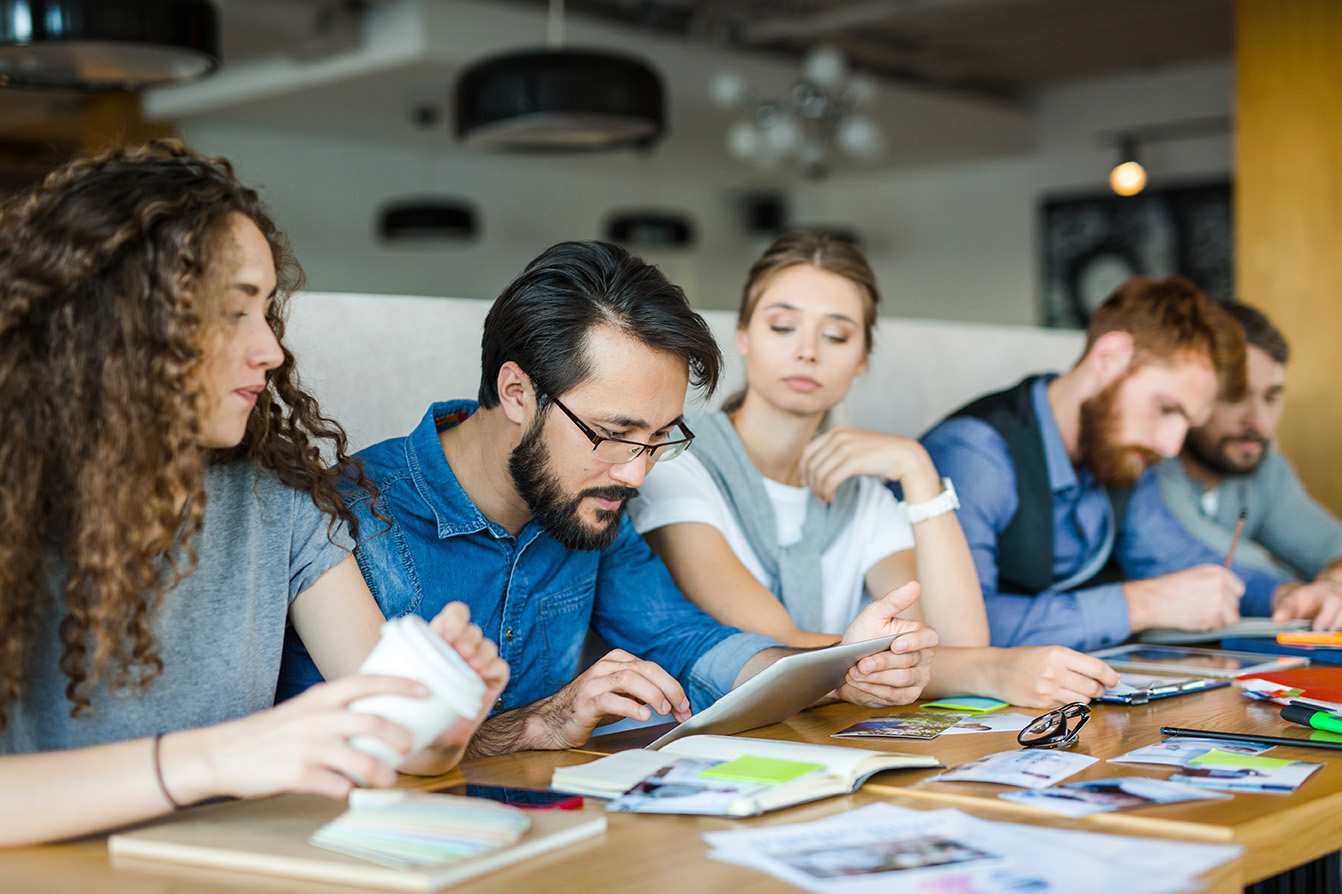Dr. Joseph Allen
Occupational Injury Prevention, Occupational Health Psychology
This project seeks to build upon the last two decades of research on creativity and innovation. Creativity and innovation are important for organizational performance. Organizations’ use of teams to solve problems that are often complex and require creativity and innovation is on the rise. Because of the rapid change and adaptation required to ensure organizational success, organizations continue to move away from a hierarchical and static structure to a more dynamic, team-oriented, and cross-functional structure. Thus, enhancing creativity and innovation in teams may hold the key to future organizational success.
Three interrelated research streams must be integrated and leveraged to advance knowledge. These include the literature on emergent team processes associated with creativity, the literature on specific team meeting processes for team effectiveness, and the literature describing the cognitive processes associated with creative problem solving. We propose to integrate these three streams of research to gain a better, more complete, and more nuanced understanding of the team processes that facilitate creative problem solving and creativity during team meetings.
Statement of Merit & Objective and Methods
The proposed study seeks to evaluate the interrelationships between social and cognitive processes in team meetings with a purpose of generating a creative product. Specifically we aim to begin to answer the following questions: 1) What team cognitive process sequences effectively result in more creative ideas?, 2) What team dynamics that occur during team meetings lead to more effective engagement in each cognitive or social process and to achieve more effective outcomes (more creative ideas)?, 3) How do the cognitive process sequences map onto social processes, as measured through surveys as well as more nuanced behavioral coding?, 4) What differences and similarities exist in social and cognitive processes when comparing short-term, single instance meetings and long-term teams meeting multiple times?
To address these aims, two studies will be conducted. The first study will be a laboratory study, where teams will be ad-hoc, one-time meetings for this study. The laboratory will allow for audio and video recording, facilitating nuanced analysis of both cognitive and social processes. Our second study will recruit semester-long undergraduate teams in engineering design courses. The study of these teams will allow us to understand dynamics associated with teamwork and creative processes as they try to solve a client-based problem or need over time.
Statement of Broader Impacts of the Proposed Activity to Society
The project should provide for broader impacts related to advancing discovery/learning, increasing participation of underrepresented groups in research, enhancing the infrastructure, and so on, there are a number of benefits to society worth mentioning. Understanding how creativity and innovation operate in teams will allow us to develop interventions that can be used in classrooms, educational institutions, and a variety of organizations including for-profit, non-profit, and government agencies. The results from the proposed studies may be used to improve curriculum development for K-12 that would facilitate creativity and team work in early learners.
Publications:




 © 2025 Rocky Mountain Center for Occupational and Environmental Health
© 2025 Rocky Mountain Center for Occupational and Environmental Health